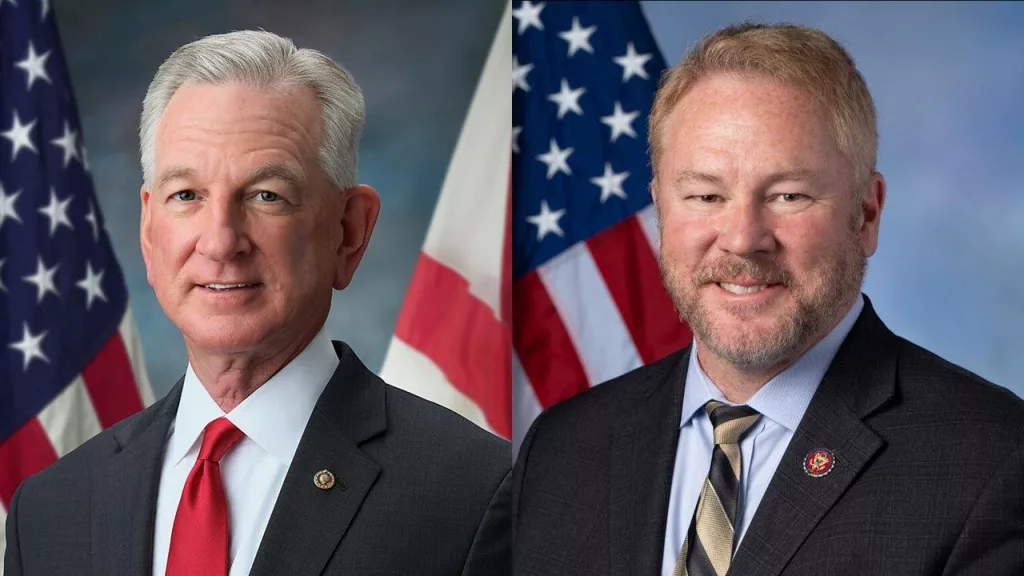


Recent developments surrounding the Corporate Transparency Act (CTA) have sparked significant debate in the U.S. Congress. Senator Tommy Tuberville (R-AL) and Congressman Warren Davidson (R-OH-08) have reintroduced the Repealing Big Brother Overreach Act, aiming to repeal the CTA, which was enacted in 2021 to combat money laundering by requiring companies to disclose their ownership information. This act is seen as a critical measure to prevent the use of anonymous shell companies for illicit activities [9c8801d4].
Critics of the CTA, including Tuberville and Davidson, argue that it imposes excessive regulatory burdens on small businesses and infringes on privacy rights. They highlight that non-compliance could lead to severe penalties, including up to 10 years in prison and $10,000 fines for approximately 230,000 farmers [9c8801d4]. Davidson has emphasized that the CTA stifles economic growth, while Tuberville has called for less regulation to support small business operations [9c8801d4].
The CTA's enforcement has faced legal challenges; a federal judge issued an injunction against its enforcement on January 7, 2025, but this was recently overturned by the Supreme Court, allowing the law to proceed [9c8801d4]. The original filing deadline for compliance was January 1, 2025, which has since been extended to January 13, 2025. Kent Bacus from the National Cattlemen’s Beef Association has called for a delay in enforcement to allow for further discussion and consideration of the law's implications [9c8801d4].
In the broader context, the push to repeal the CTA reflects ongoing tensions between regulatory efforts to combat financial crimes and the desire for reduced government oversight in business operations. As the U.S. grapples with its role as a major destination for money laundering, particularly in sectors like real estate, the outcome of this legislative effort could have far-reaching consequences for both economic policy and financial crime prevention [5eafe870].
In a related discussion, the Economic and Financial Crimes Commission (EFCC) and the Nigerian Financial Intelligence Unit (NFIU) have been addressing similar issues in Nigeria. They recently held a public lecture in Abuja focusing on the challenges of money laundering and terrorism financing, emphasizing the need for international cooperation to combat these crimes effectively. The EFCC Chairman, Ola Olukoyede, pointed out that money laundering is a cross-border issue that affects both developing and developed countries [0a6db2d3].
As the dialogue on money laundering continues, it is clear that both local and global efforts are crucial in tackling this pervasive issue. The contrasting approaches in the U.S. and Nigeria highlight the complexities of addressing financial crime in different regulatory environments [0a6db2d3].